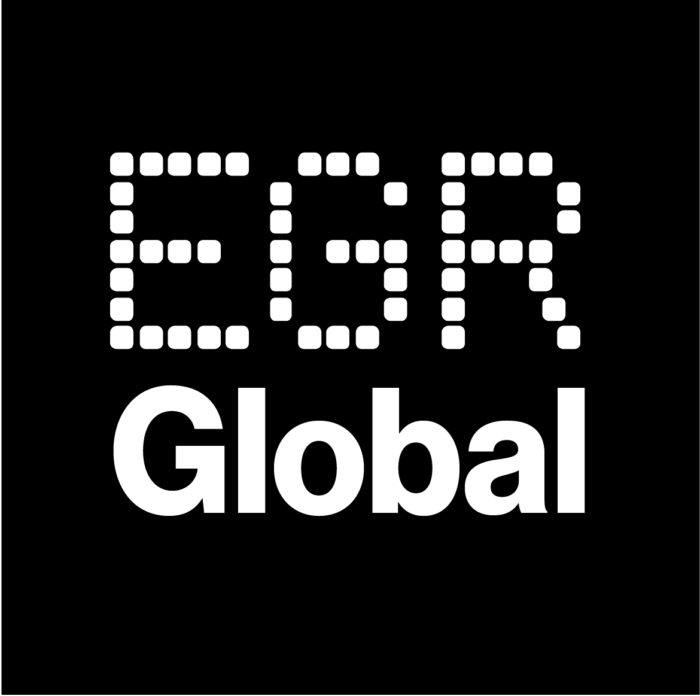
Big Debate: Will industry consolidation slow down significantly in 2023?
Ben Robinson of RB Capital and Spectrum Gaming Capital's David Isaacson answer this month's burning question

11/01/2023
Want access?
Subscribe today
Want to keep accessing great content like this? Click the button below to complete our membership form or email support@egr.global, and our team will reach out to schedule a demo.